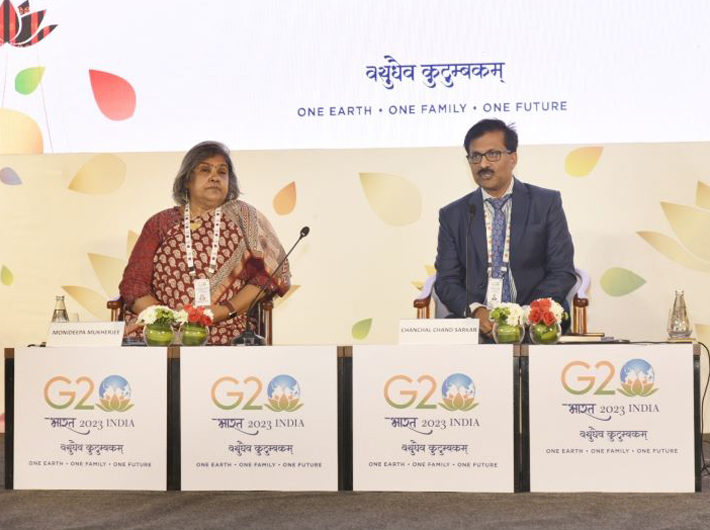Plenary discussions to contribute towards culmination of three year FIAP 2020

Geetanjali Minhas | September 17, 2023 | Mumbai

Animal welfare requires as much a structured policy approach as do other sectors in India. Conflict that exists today is due to lack of an integrated policy approach which in turn exacerbates the conflict and instigates public health crises. The Indian Constitution already recognises the importance of anim
In this era of AI and classrooms filled with students glued to their cellphones, there is a need to focus on redirecting, but not eliminating, the distraction. While there is no doubt that we need to go back to the older ways of teaching such as taking oral viva exams, practicing ‘sthithprajana&rsquo
Four Labour Codes - the Code on Wages, 2019, the Industrial Relations Code, 2020, the Code on Social Security, 2020 and the Occupational Safety, Health and Working Conditions Code, 2020 have come into effect , rationalising 29 existing labour laws. By modernising labour regulations, enhancing workers` welf
In the world of science fiction, the cyborg, a hybrid of human and machine, often evokes fascination and fear. However, American scholar Donna Haraway conceptualises cyborg as more than a futuristic body; it is a philosophical lens, a way of thinking about identity, agency, and responsibility in a world wh
When we talk about criminal justice in India, most people think about the final verdict — whether someone is found guilty or innocent. But for many ordinary Indians, punishment is not in the verdict, but in the process itself. The waiting, the uncertainty, the endless hearings, and the years spent be
Every winter, as air pollution shrouds Indian cities from Delhi to Kolkata, public debate converges on the costs: the crores spent on air purifiers, water sprinklers and stubble management, the outlay for waste treatment plants and new green technology. Environmental clean-up is framed as a fiscal burden,

